 As a curriculum and assessment geek, I interpret writing high quality learning outcomes as the ultimate privilege in intellectual freedom. Discussions surrounding the updating of course outlines with significant learning outcomes (SLO’s) initially surprised me when they were often NOT about this big idea of a democratic education. Considering causes for differing perspectives, I realized in higher ed we rarely discuss some of the foundational knowledge and questions guiding curriculum and pedagogy:
As a curriculum and assessment geek, I interpret writing high quality learning outcomes as the ultimate privilege in intellectual freedom. Discussions surrounding the updating of course outlines with significant learning outcomes (SLO’s) initially surprised me when they were often NOT about this big idea of a democratic education. Considering causes for differing perspectives, I realized in higher ed we rarely discuss some of the foundational knowledge and questions guiding curriculum and pedagogy:
What educational purposes should the school seek to attain?
What educational experiences can be provided that are likely to attain these purposes?
How can these educational experiences be effectively organized?
How can we determine whether these purposes are being attained?”
~Ralph W. Tyler (1949) Basic Principles of Curriculum and Instruction
At NMC, you may recognize these as the first four of the Five Essential Questions of Teaching and Learning Regis McCord and the Center for Instructional Excellence (CIE) have used as a framework for many professional developments here at NMC.
History buffs may recognize these questions originating in the progressive movement surrounding the industrial revolution. “The curriculum, however, is a primordial factor. If it is wrongly drawn up on the basis merely of guess and personal opinion, all of the science in the world applied to the factors above enumerated will not make the work efficient” (Bobbitt, F. (1918) Scientific Method in Curriculum-Making). Bobbitt promoted using scientific observations of successful adults to create an ends-means designed curriculum. In other words, define what a successful outcome looks like, and go from there.
DACUM is another term used for occupational analysis for this ends-means approach that many are familiar with from industry. Training and curriculum is designed by first asking the experts currently working in the designed fields to analyze the specific tasks required to perform the job. Again, figure out the desired outcome, and design education around it.
Skipping the educational jargon, Backwards Design (Grant Wiggins and Jay McTighe, 1998) is another variation of this sequence to curriculum design. “We use curriculum as a means to an end. We focus on a particular topic (e.g., racial prejudice), use a particular resource (e.g., To Kill a Mockingbird), choose a specific instructional strategy (e.g., a Socratic seminar…), to cause learning to meet a given standard…”
.jpg) What is not explicit in the above examples is what makes writing significant learning outcomes the ultimate in intellectual freedom:
What is not explicit in the above examples is what makes writing significant learning outcomes the ultimate in intellectual freedom:
The privilege and ability to define what knowledge is of most worth.
As for myself, I want to be one of those deciding what’s important. I believe in our General Education Outcomes as well as other outcomes often recognized in the arts and entrepreneurship such as creativity, problem-solving, personal development, and civic responsibility. Yes, underneath it all, there is a Machiavellian quality to any curriculum development:)

